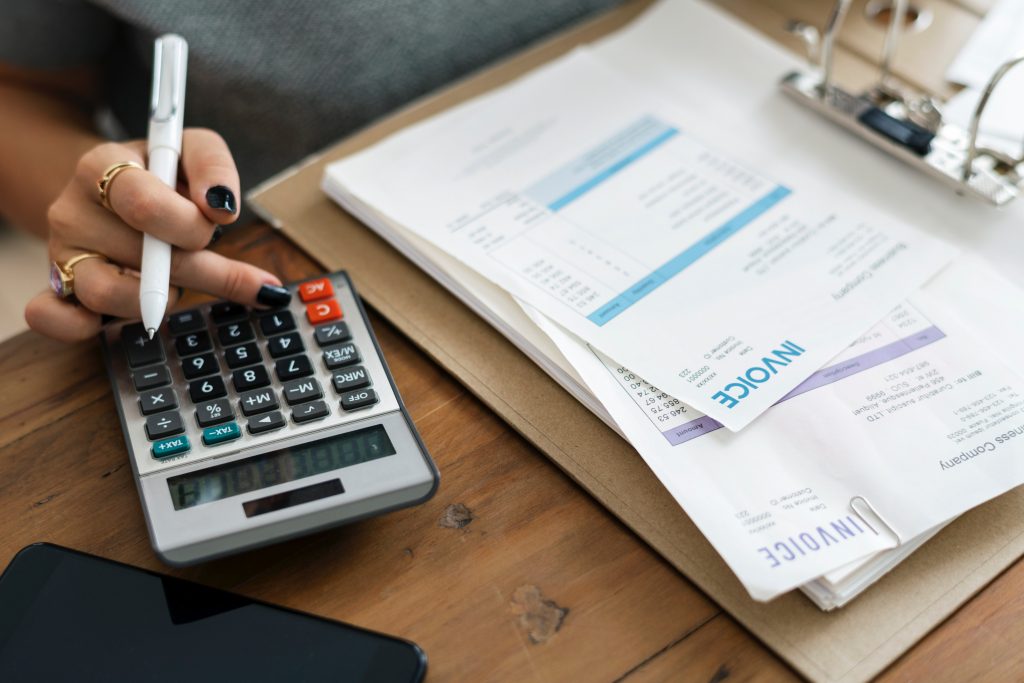
The current accounting rules for VAT adjustments are undergoing a reform, with the intention of cracking down on businesses who gain a tax advantage when the price of a product or service changes after the VAT has been reported to HMRC.
Why do HMRC want to amend VAT adjustment regulations?
HMRC believes the current system allows some business to gain a tax advantage by making VAT adjustments to output tax for reductions in price without refunding their customers.
HMRC has also found some businesses attempt to treat errors as price adjustments, rather than using error correction methods, which can also create a financial advantage.
What are the proposed changes?
The proposed new regulations are designed to ensure businesses can only adjust their input tax where there is evidence of a genuine price reduction, which has been refunded to the customer.
Price adjustments may occur long after goods or services have been supplied to the customer, hence why it can be a grey area as the current rules do not impose a time limit in which VAT adjustments must be made. The new rules will look to clarify exactly when and how adjustments must be made and impose stricter controls to clamp down on businesses using the system to gain an unfair advantage.
The new changes are expected to come into effect from 1st September 2019.
VAT is undoubtedly one of the most complex and onerous tax regimes imposed on business – but our specialist VAT team here at Smith Cooper has a wealth of experience, including that gained from working in HMRC, and are ideally placed to provide VAT advice on a range of business issues.
If you would like any advice on the changes coming into force, or any other VAT issue, such as how to make VAT adjustments, please get in touch.




